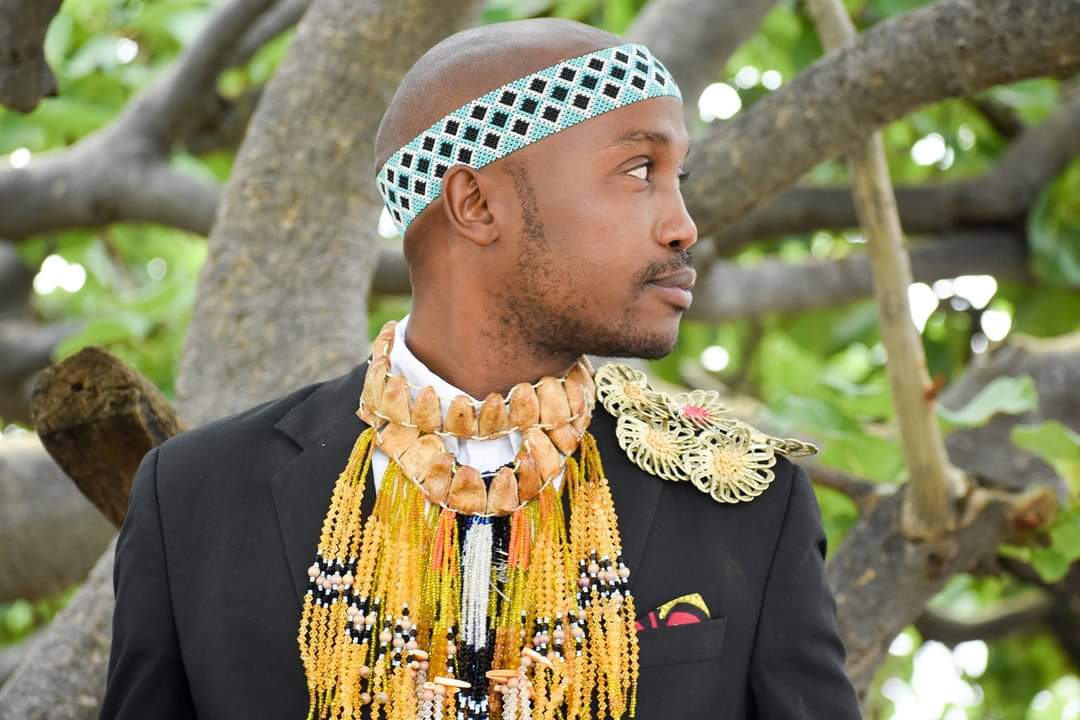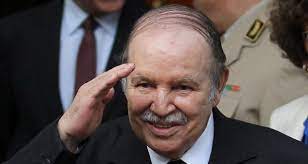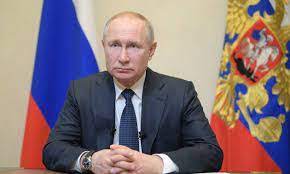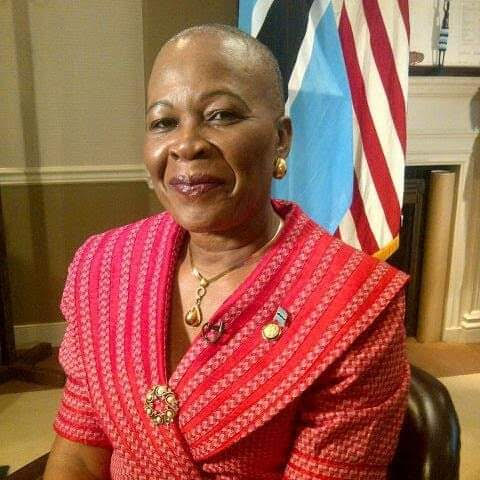
The first shots rang out after 1 a.m.
For what some witnesses described as a half-hour, explosions echoed through the streets of the leafy, mountainous neighborhood that was home to President Jovenel Moïse and many of Haiti’s most affluent citizens.
At first, some nearby residents thought it was one of the twin terrors that plague the nation: gang violence or another earthquake.

But by dawn, as people huddled around radios and listened to television reports, the news slowly emerged that the president was dead.
As people waited for the government to provide them with an update on how it would move forward, that shocking news was one of the few things that was certain.
As the morning went on, videos circulating on WhatsApp painted an ominous scene — a formation of SUVs arriving on the street and spilling out armed men in military formation. One announced in Creole and English over a loudspeaker, “This is a D.E.A. operation.” The legitimacy of the videos could not be verified.
A State Department spokesman said the D.E.A. claims were “absolutely false.” The agency has a long history of operations in Haiti, and some suggested that the attackers might have been resorting to a ruse to get officers guarding the president to step aside.
The interim prime minister, Claude Joseph, offered few details, aside from a rather cryptic comment that some of the attackers were speaking Spanish.
A businessman who lives in the same neighborhood as the president said he had been woken in the night by the sound of explosions around 1 a.m. Other residents said they had heard shooting between 1 and 1:30 and that it had lasted about an hour.
The normally clogged streets of the capital were ominously empty on Wednesday.
Banks and stores were shuttered; university classrooms vacant; the ti machann — market women — who normally line the shoulders of roads selling their wares were conspicuously absent.
Lines formed at some depots, with people stocking up on water — which is normally bought by the container in poorer areas — in case they end up hunkered down for a long time. Others huddled at home, calling one another to check on their safety and ask for updates. In some middle-class neighborhoods, people huddled on the sidewalk sharing their fears for the country’s future.
“I don’t know what’s going to happen now — everything is possible,” one man said while speaking to neighbors.
Jenny Joseph, a university student from the suburb of Carrefour, said the country would have to be on the alert. “Things are hard and ugly now,” she said. “For the next few days, things will be crazy in Haiti.”
The main two-lane road up to Pèlerin, the suburb where the president lived, was blocked by green camouflage-speckled trucks.
The president had a high level of protection. He regularly traveled with a large motorcade of more than a dozen armored cars and police guards. Many wondered how it was possible that assassins entered his home.
Advisers to Mr. Moïse told The New York Times that the country had closed the airport and many other points of entry early Wednesday as they tried to hunt down the team of assailants who assassinated the president.
Harold Isaac and Jacques Richard Miguel contributed reporting from Port-au-Prince, and Dieu-Nalio Chery contributed reporting from New York.
— Catherine Porter and Maria Abi-Habib
(C)The New York Times









